For many Swiss retirees, travelling is at the top of their to-do list. Monica (68) and Kurt (68) Möri have been travelling through world history with their VW van for 45 years. Since retiring, they have had more time to indulge their passion. A discussion about flexibility, finances and self-determination.
Please accept marketing cookies so you can watch this video. Cookie settings
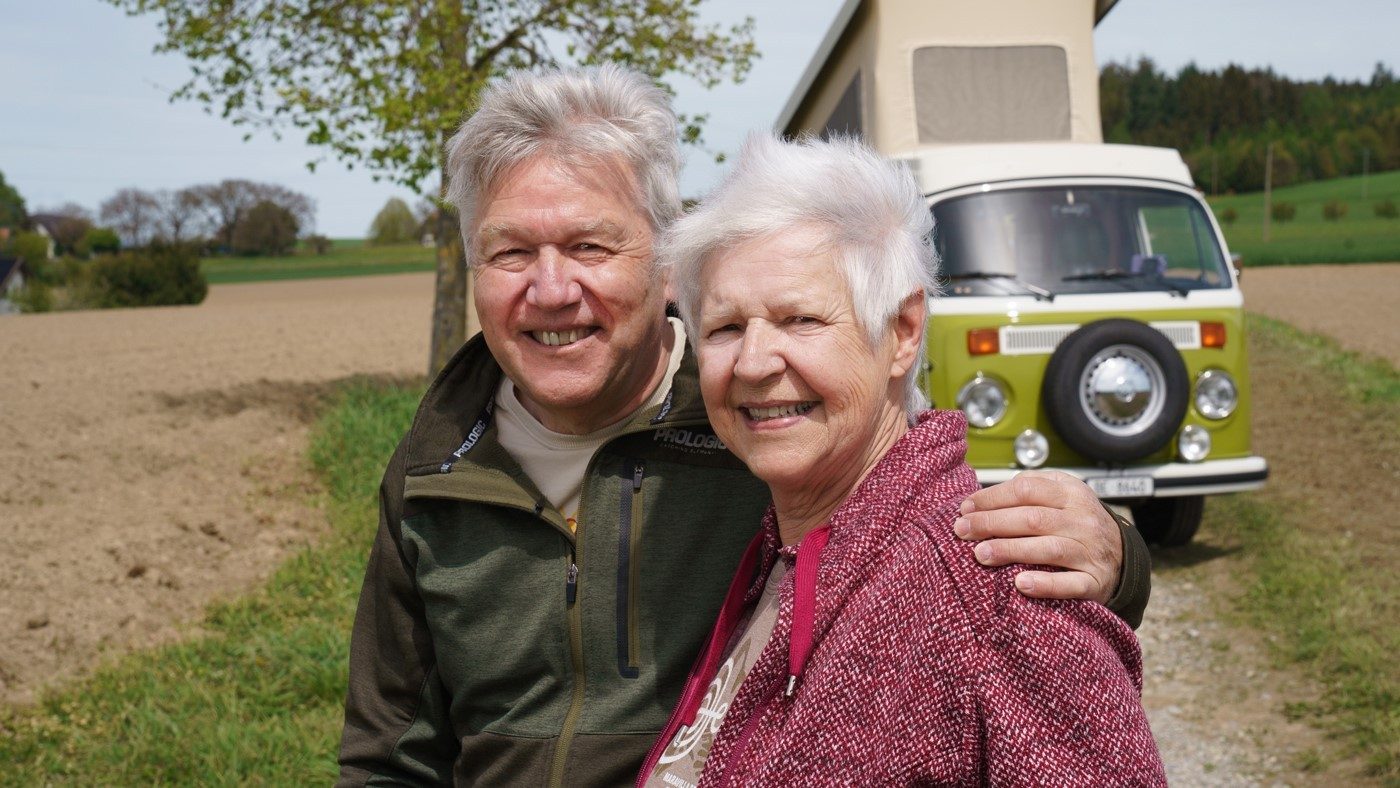

Monica and Kurt have been travelling through world history in their VW van for 45 years.
You have been travelling in the same VW van for an incredible 45 years. Why? Or to put it another way, what makes your camper van the best way to travel for you?
Monica: I feel that I am more independent and flexible. With our VW van I can say “I’ll just carry on driving on if I don’t like it somewhere”. I can’t do that in an apartment or a hotel. Now it’s a bit more complicated and you have to reserve campsites – you didn’t have to do that in the past. But even then, there’s either room for us, or there isn’t.
Kurt: When we bought the VW van 45 years ago, we quickly realised that with camping you only need what you take with you. That is what happiness is for me. Our VW van has only a few square metres of living space, and that was OK even with two children.
Monica: The VW van is slow on the road. We like to drive through the countryside and villages rather than on motorways. In France, for example, you can visit all the great markets, which is just lovely.
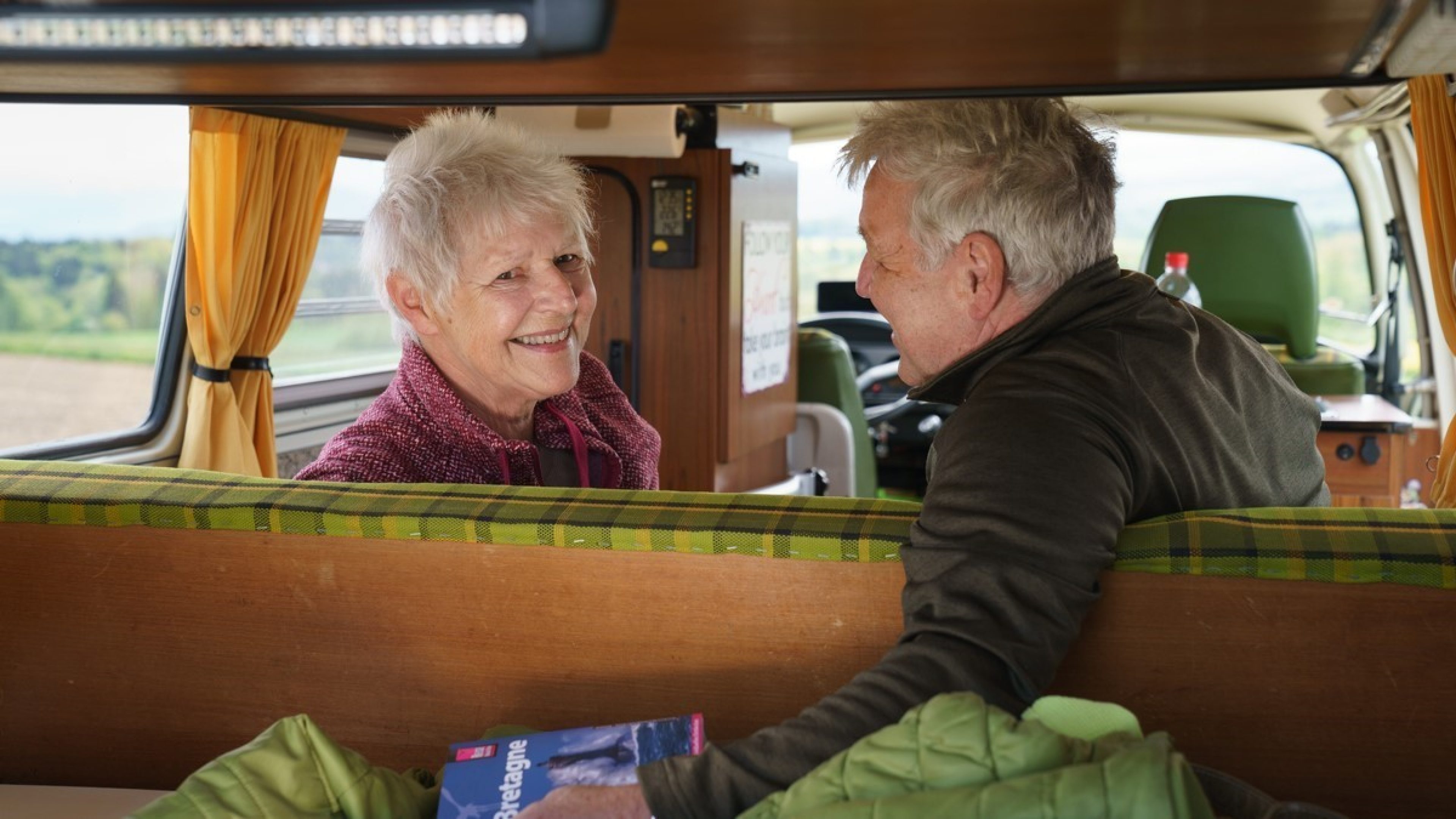
”For me, happiness means that with our VW van, we don’t need anything more than what we have with us.” (Kurt Möri)
Now you have reached retirement age, you could theoretically be travelling non-stop. Why are we meeting you in Switzerland right now?
Monica: I always need breaks in between to come to terms with what we have experienced and seen. Last year we travelled through the Balkans. Next, we’ll go to France, Brittany and Loire for about two months.
What about longer journeys: have you got anything planned?
Kurt: If it had not been for Covid-19, we would have travelled to Africa for three or four months. But then we would have rented a 4x4 camper locally. Ideally we want to make up for that.
Monica: Six years ago we travelled in our VW van through South America and spent almost a year there. I found myself struggling then because our youngest grandchild was born. I thought how I was missing out on the newest addition to the family. That’s when I knew: we had a few big trips spanning six months and even whole years – but after my trip to South America I don’t want to be away that long again. Because of the grandchildren. I can still imagine three or four months, but no longer.
Kurt: They give us so much enjoyment. It’s just really cool.
Monica: A grandson then told us over FaceTime: “Don’t come back by ship, come by plane, then you’ll be back sooner!”
You travelled by boat to South America?
Kurt: We spent five weeks on the same cargo ship that transported our van from Hamburg to Montevideo. That was extremely impressive, in all respects. Starting our trip like this was the best decision: properly taking things slowly.
Monica: Well, it’s not exactly a cruise. A cargo ship is really dirty. Slippers help. And if you are flexible in terms of what you eat, it’s not too bad.
Flexibility is a good word here. You seem very flexible to me. How do you stay like this?
Kurt: If you have travelled so much, it gives you a kind of basic trust, which helps of course.
Monica: Sure, sometimes I like certainty. I like it when you don’t keep on travelling every day. If you stay a few days in a small town or village, then you can relax a bit. The way Kurt drives leaves you high on adrenaline, so you also need relaxation in between. (all laughing)
Many people are probably wondering now: How can the Möris afford to go on all these journeys?
Monica: It used to be quite simple: by saving. When we bought the VW van 45 years ago, I was working and Kurt was a student.
Kurt: We really started from scratch. I drove a taxi. The van cost CHF 17 000 and then our account was empty. Then we saved more than two years for our one-year journey through the USA – from Alaska to Mexico. I was able to take unpaid leave at the time. That was very unusual for the time.
Monica: I had to quit my job at the vehicle licensing office. As a trained structural draughtsman, it was difficult to find a job at that time. After the trip, we had children and I stayed at home, which was normal at the time. And what’s more, the journey to South America didn’t cost us any more than our lives at home would have cost, and that includes container shipping, travel and flights. We could live very cheaply there.
The subject of money is also important when it comes to retirement. How did you go about planning for that?
Kurt: We looked at the subject early on and worked out a number of things. You need to get your calculations right. About 20 years ago we began to think about what we want, what we can afford and what we want to be able to afford?
Despite all the planning, you quit your secure job at a large company at the age of 58. Why?
Kurt: I was in senior management at Swisscom. The management environment was challenging and I’d had the need to do something different for a long time. And I found myself starting a company together with a colleague. So I’m not the typical retiree, who just stopped working overnight. It was a gradual process. The company no longer exists and the last project I did was when I was 64.
Typically there’s some sort of clash, when one of you has worked at home for many years and the other is suddenly there all day after they retire. Did you experience anything like that?
Monica: Through travelling, we knew what it was like being together all the time for months. When Kurt was setting up his own business, he was suddenly at home a lot. But I liked that. For us, the transition was not so sudden.
What do you think: why do some people struggle when they retire?
Kurt: I think a lot of people miss out on doing something else after retirement. But it doesn’t matter how old you are. You can always do it. Many people may be overwhelmed, then they cannot make up their minds, and then nothing happens.
Is there anything you would do differently in retrospect?
Kurt: Of course, you can never travel enough, that’s already clear.
Monica: I don’t regret a thing. It all worked out. We have a cool family, grandchildren, it’s great.
It all sounds so idyllic. Did you experience any unpleasant situations while travelling?
Monica: Of course, it’s not perfect all the time. There were places where I took an axe with me to the toilet. Because of the bears. Sure, I wouldn’t have stood a chance, but with the axe at least I felt I could defend myself.
Kurt: If there were problems, it was always with the police, the military or customs, but never with the locals.
Finally, do you have any tips for retirees who would like to spend their time travelling?
Kurt: Try things out, do things. But above all, consider what are my needs, what do I actually want?
Monica: Of course there are a lot of people who may be anxious, who want to be part of a group, otherwise they feel uneasy. That’s completely OK, there are also many options for this. But my main tip would be not to wait until you’re retired.
Kurt: I’m a fan of quotes. This one from Albert Einstein fits well here: “Enjoy your time, because you only live now and today. Tomorrow you can no longer catch up yesterday. And later comes earlier than you think.”
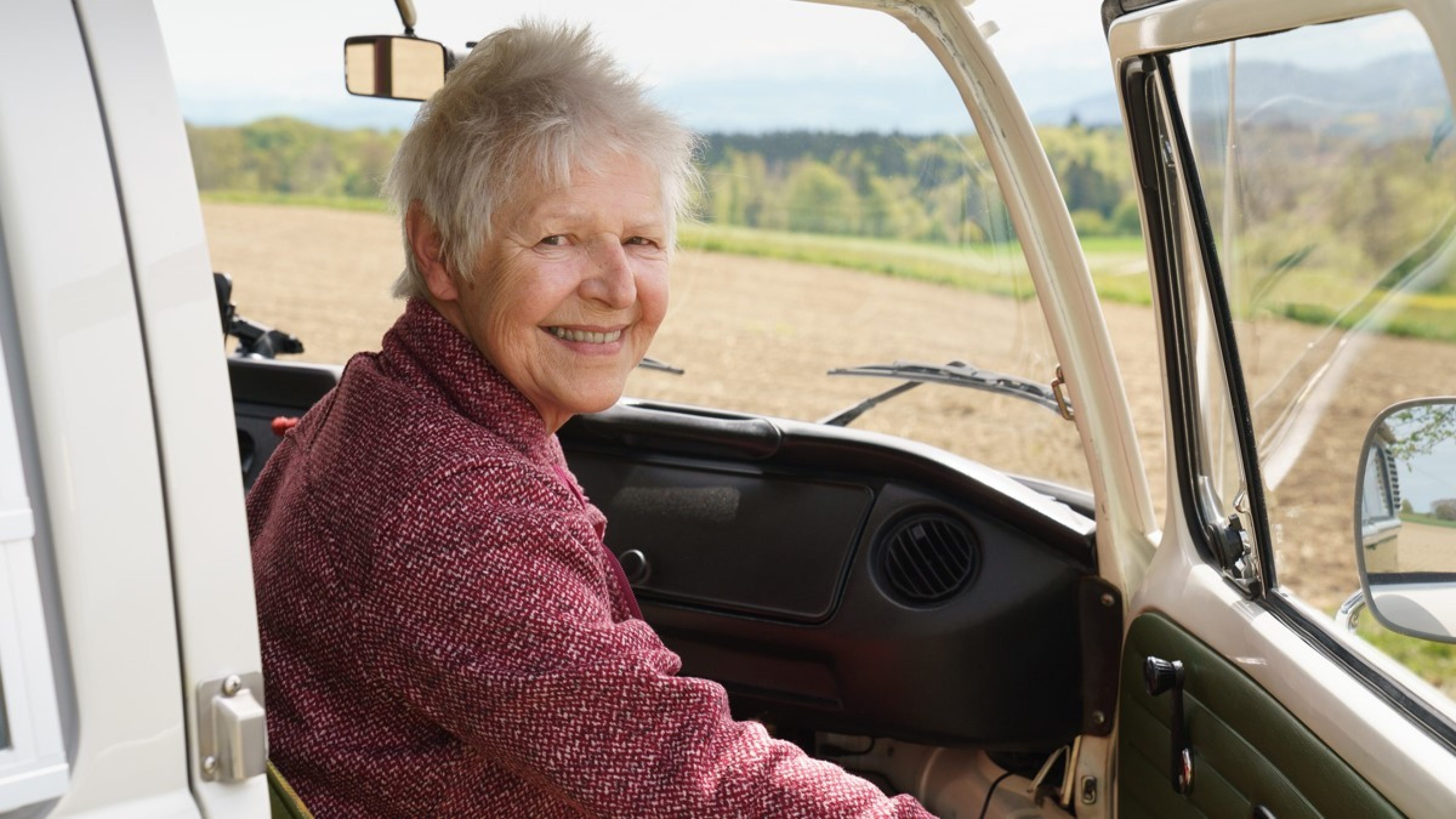
”My most important tip is to not wait for retirement before you go travelling.” (Monica Möri)
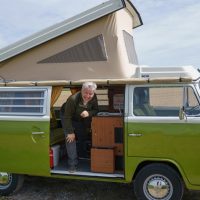
The VW van
The VW van is a cult classic. Kurt and Monica Möri have been travelling through world history in their VW T2 for 45 years. The couple never considered selling it. Quite the opposite: because both daughters are fans of the van, Monica and Kurt even have a second model in their garage. A classic VW T1. It was also the VW van that made this interview possible: Author Gabriella Alvarez-Hummel was travelling in South America at the same time as the Möris, and the green VW van with Swiss number plates immediately caught her eye in the mountains of Ecuador. The travellers spent a few days together at the campsite and have remained in occasional contact ever since.
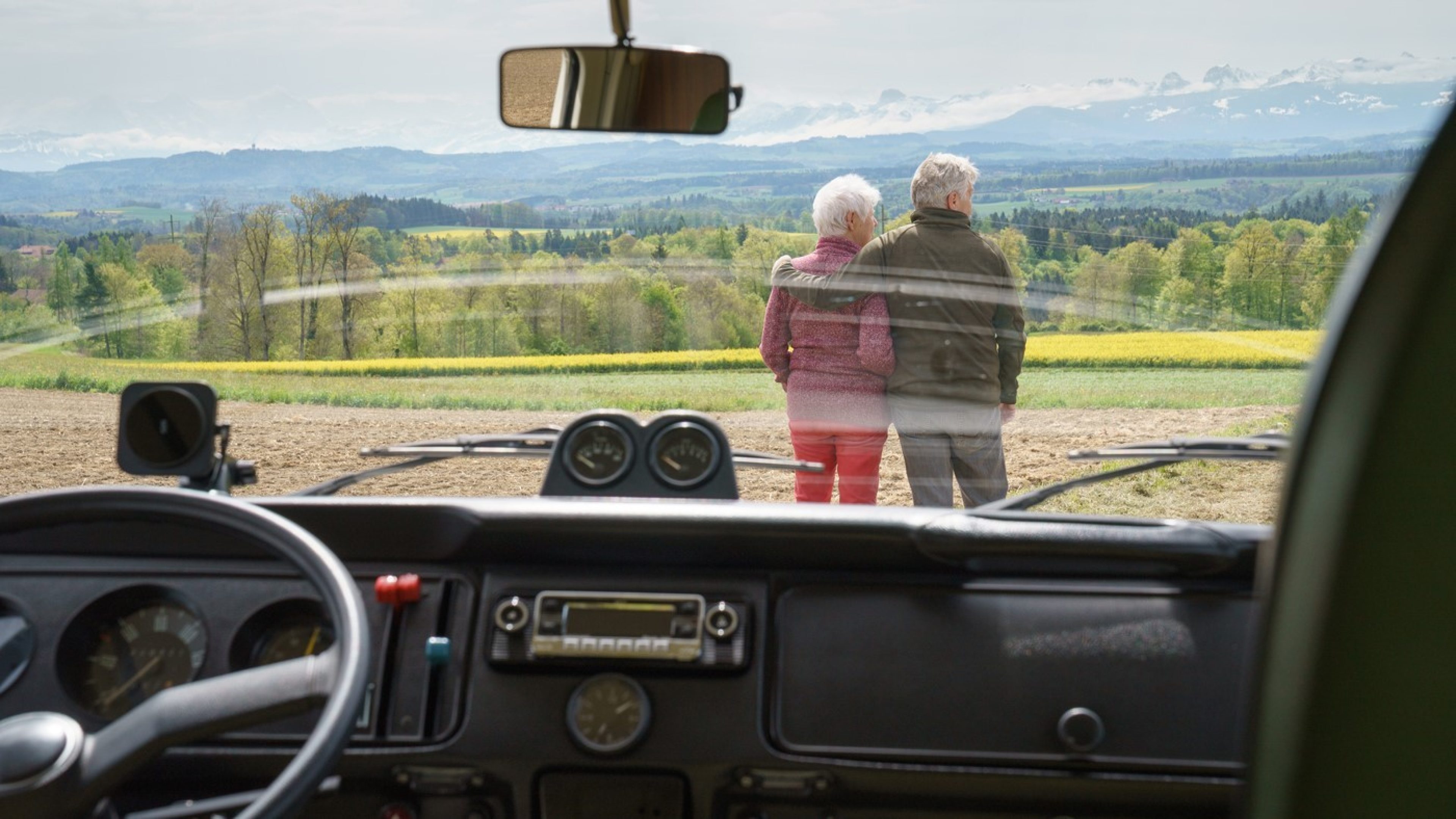

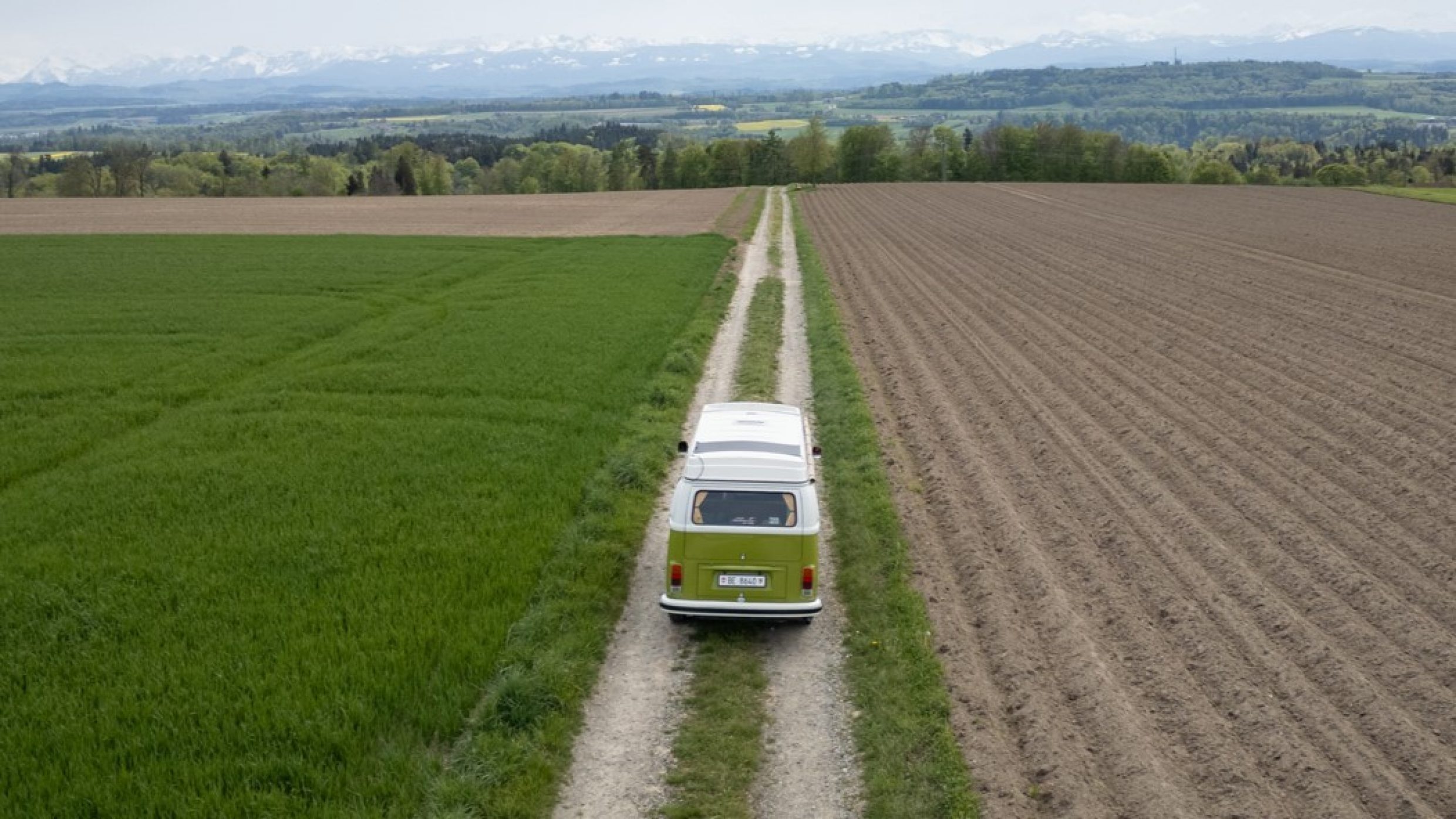
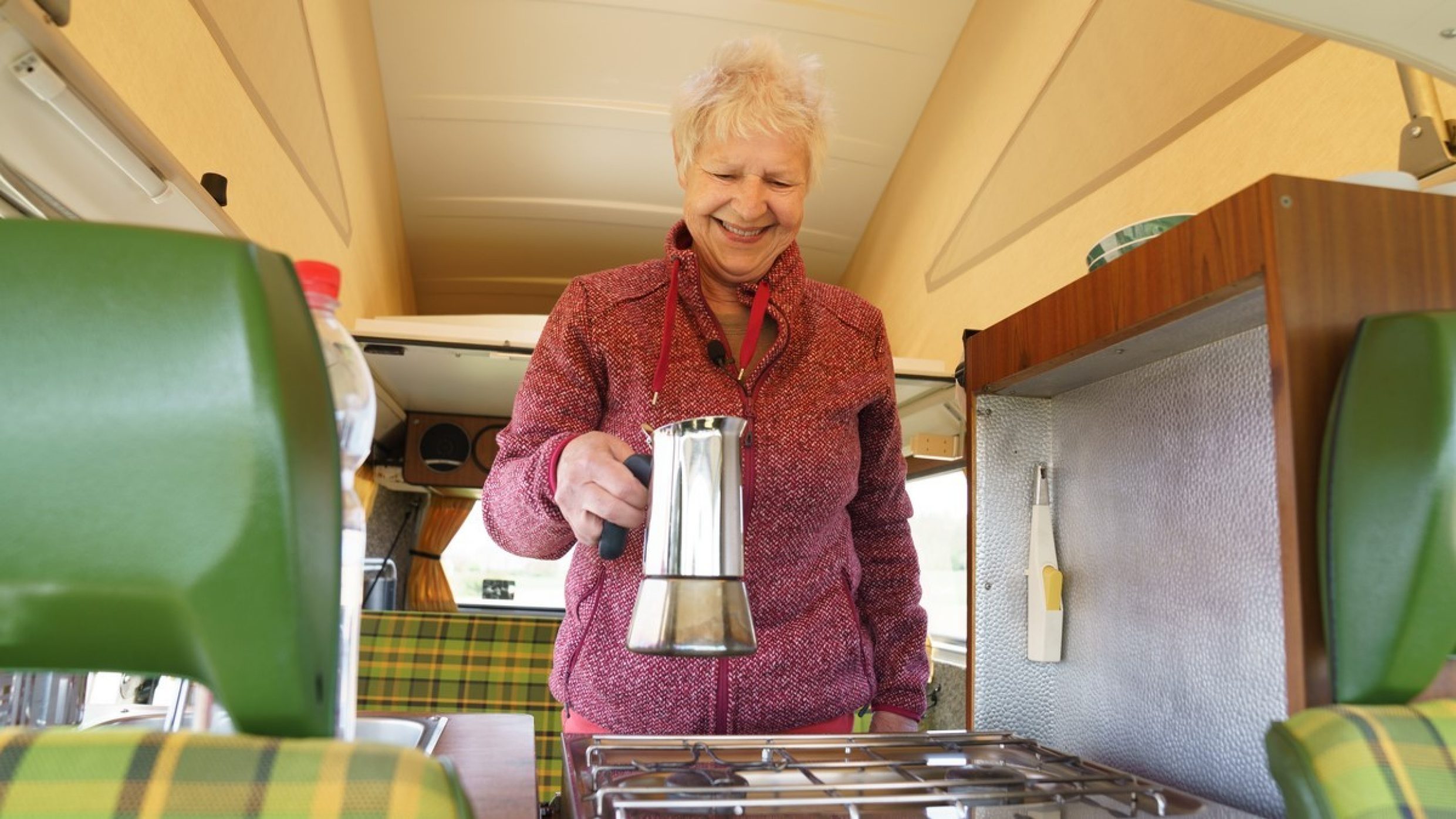
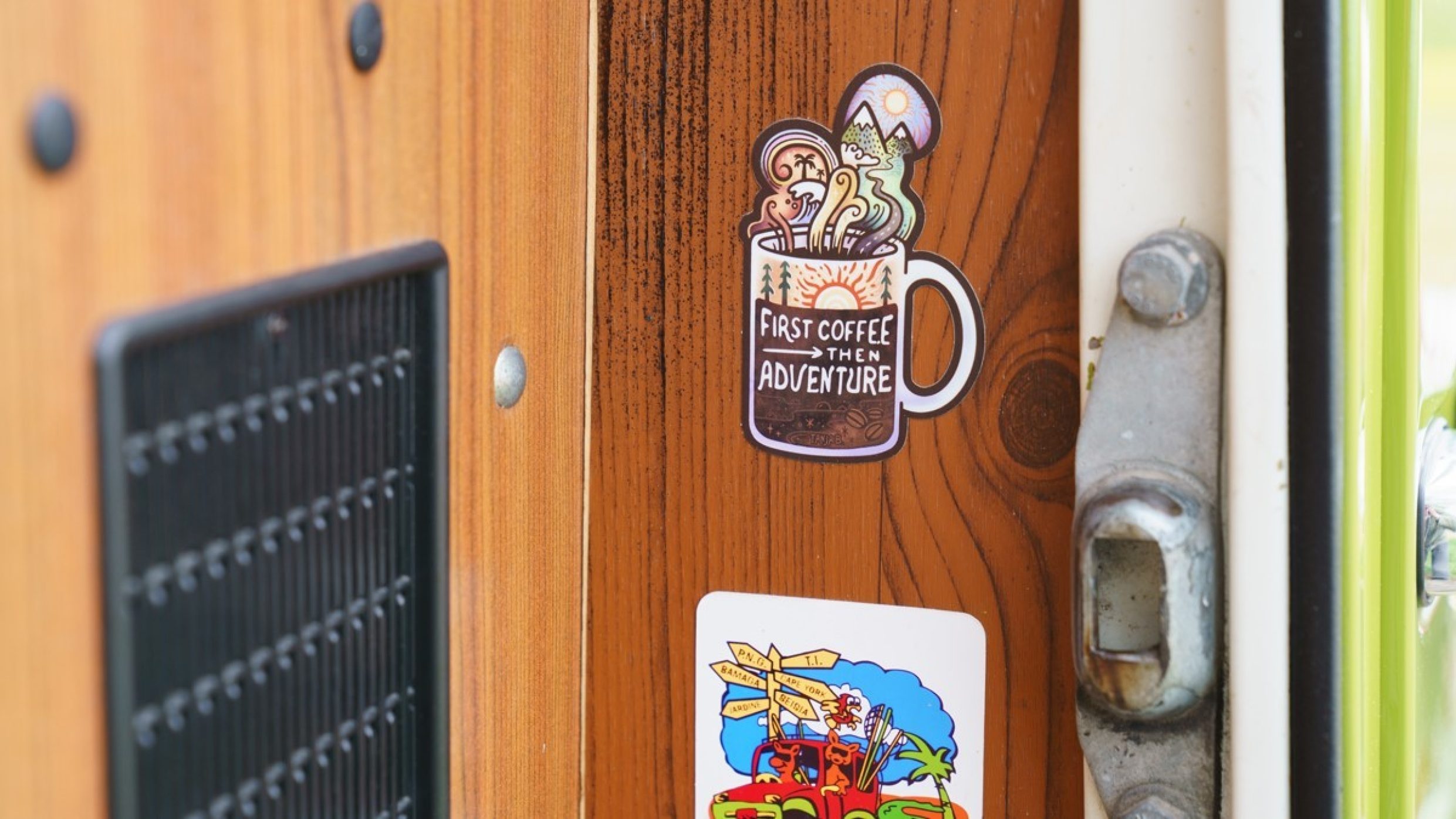

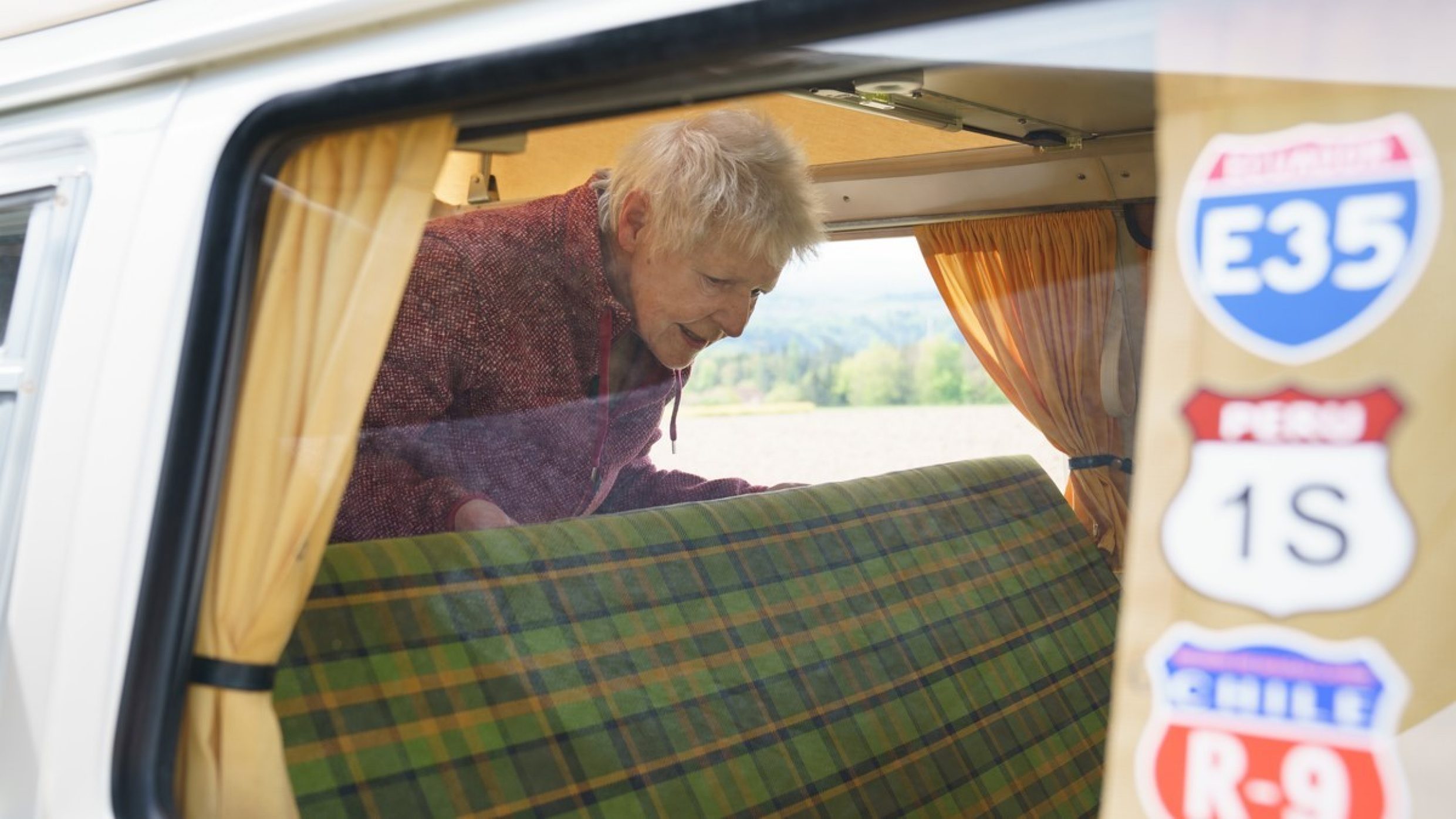
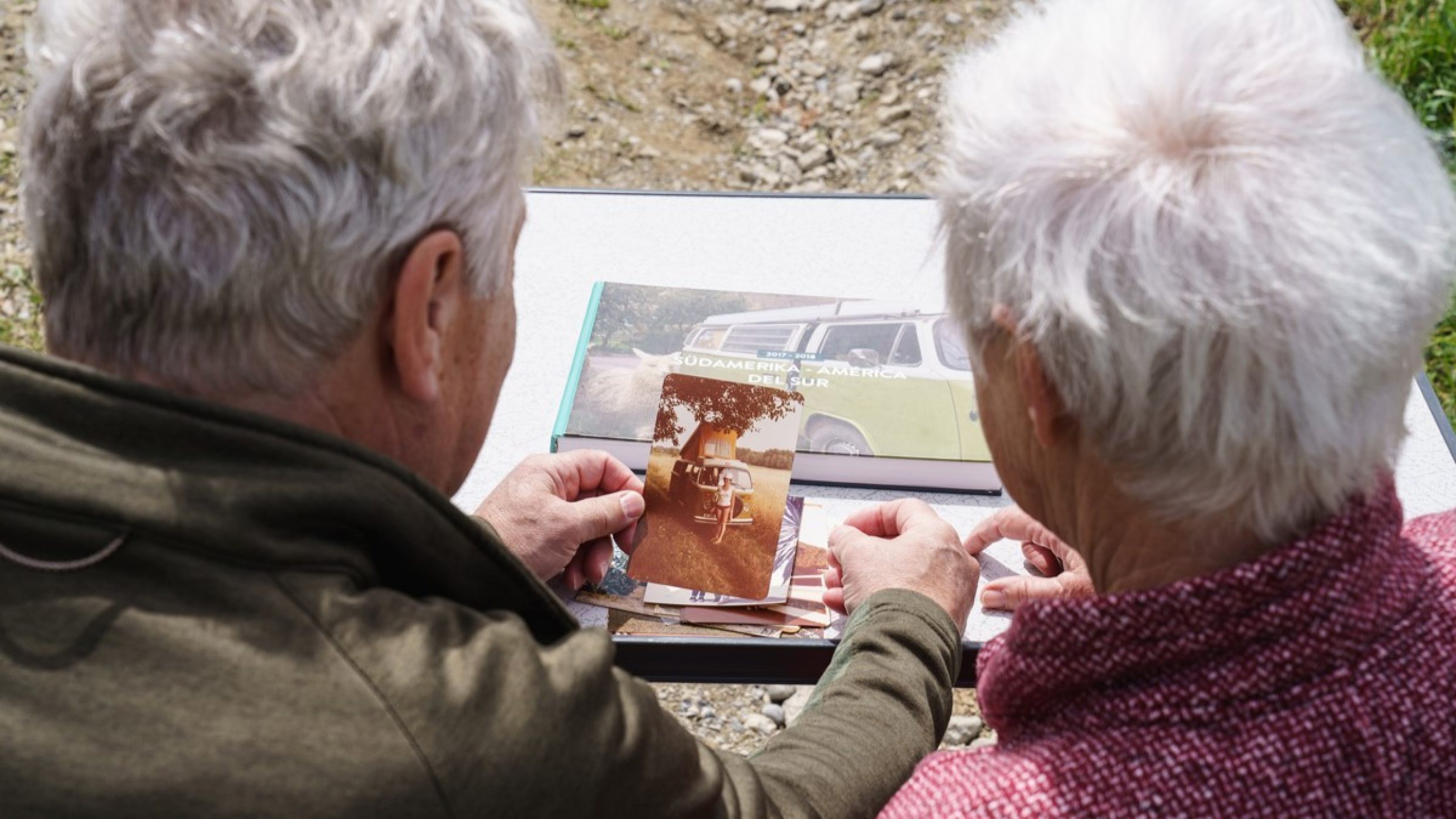
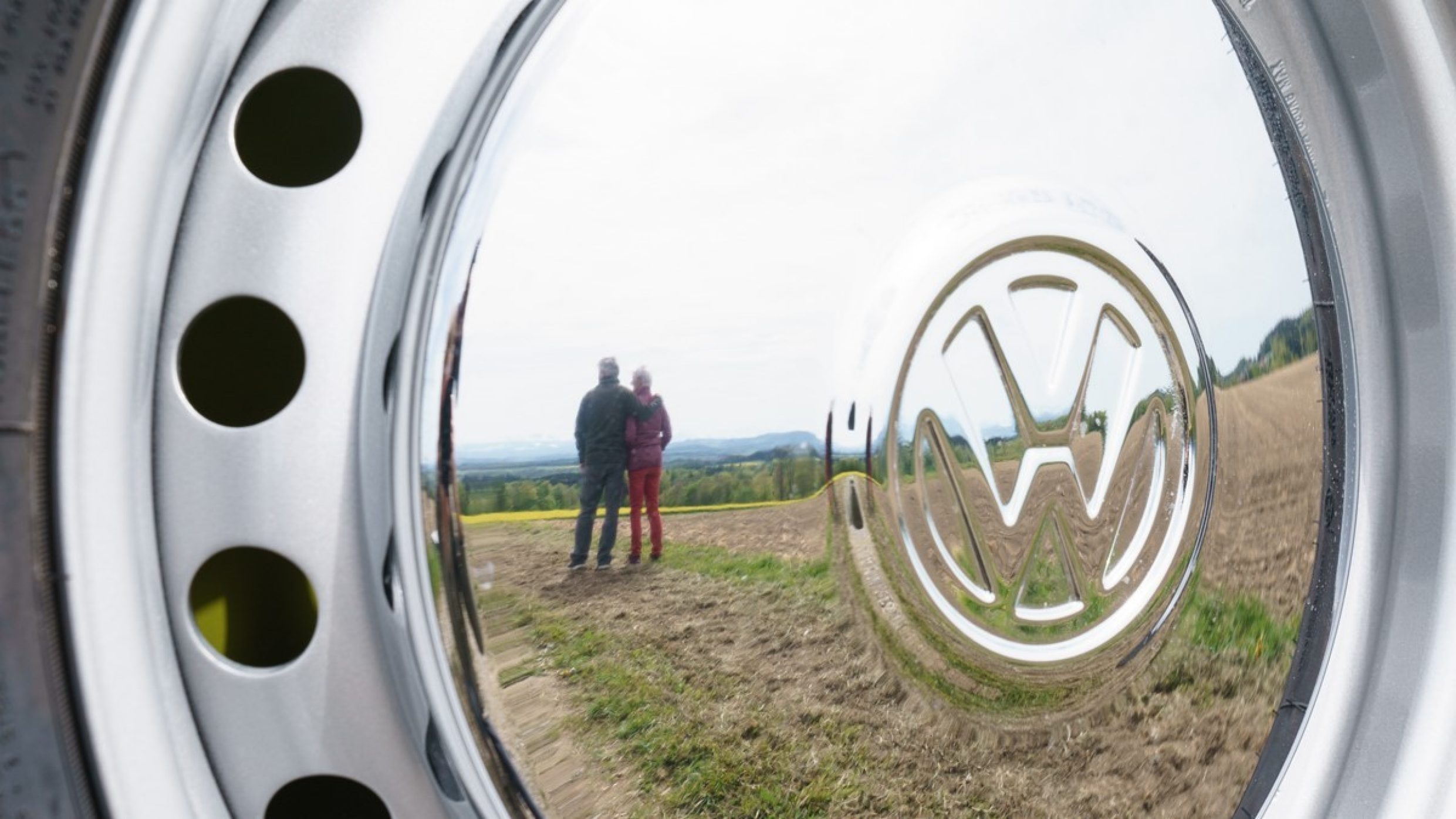
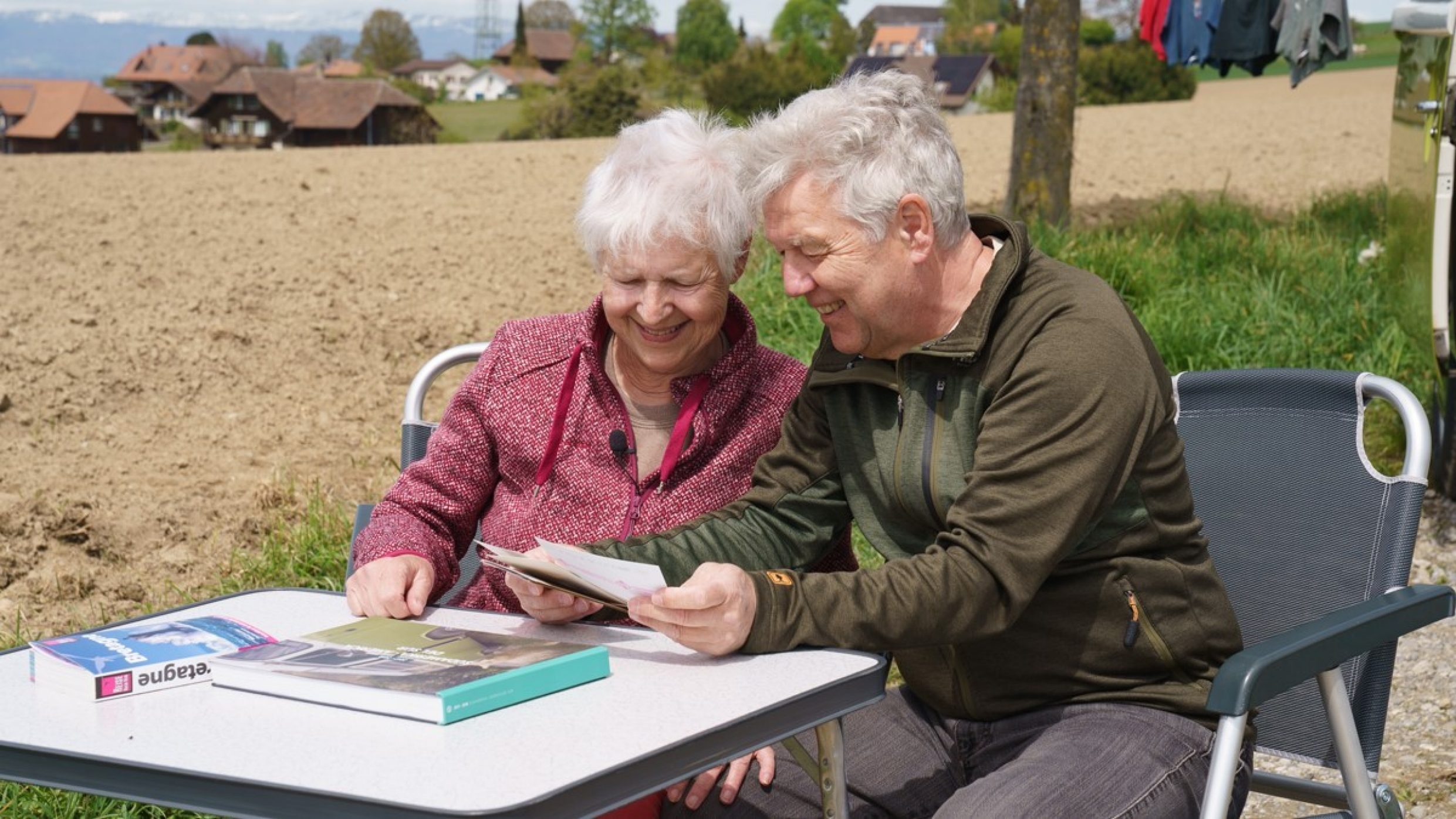
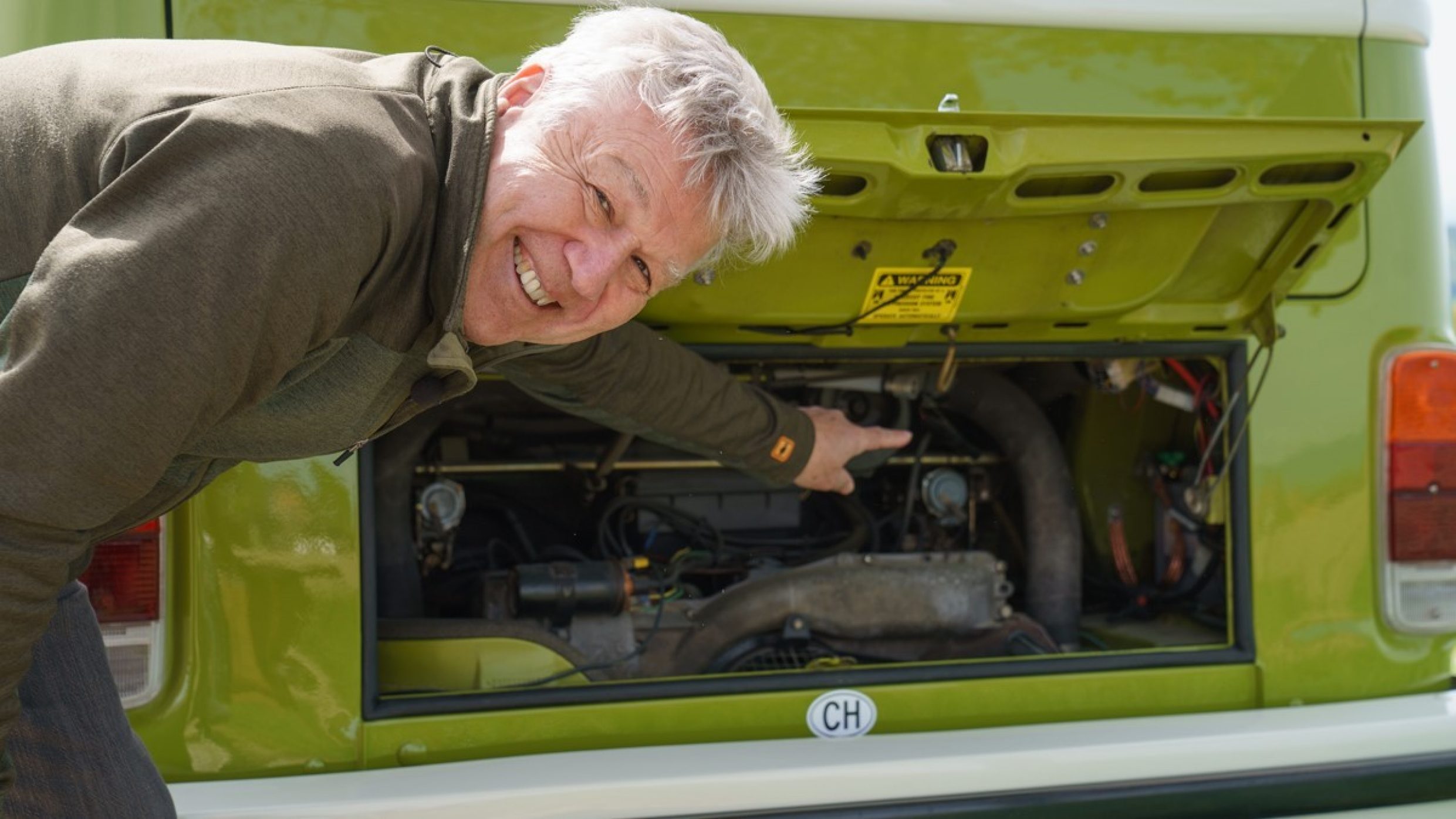
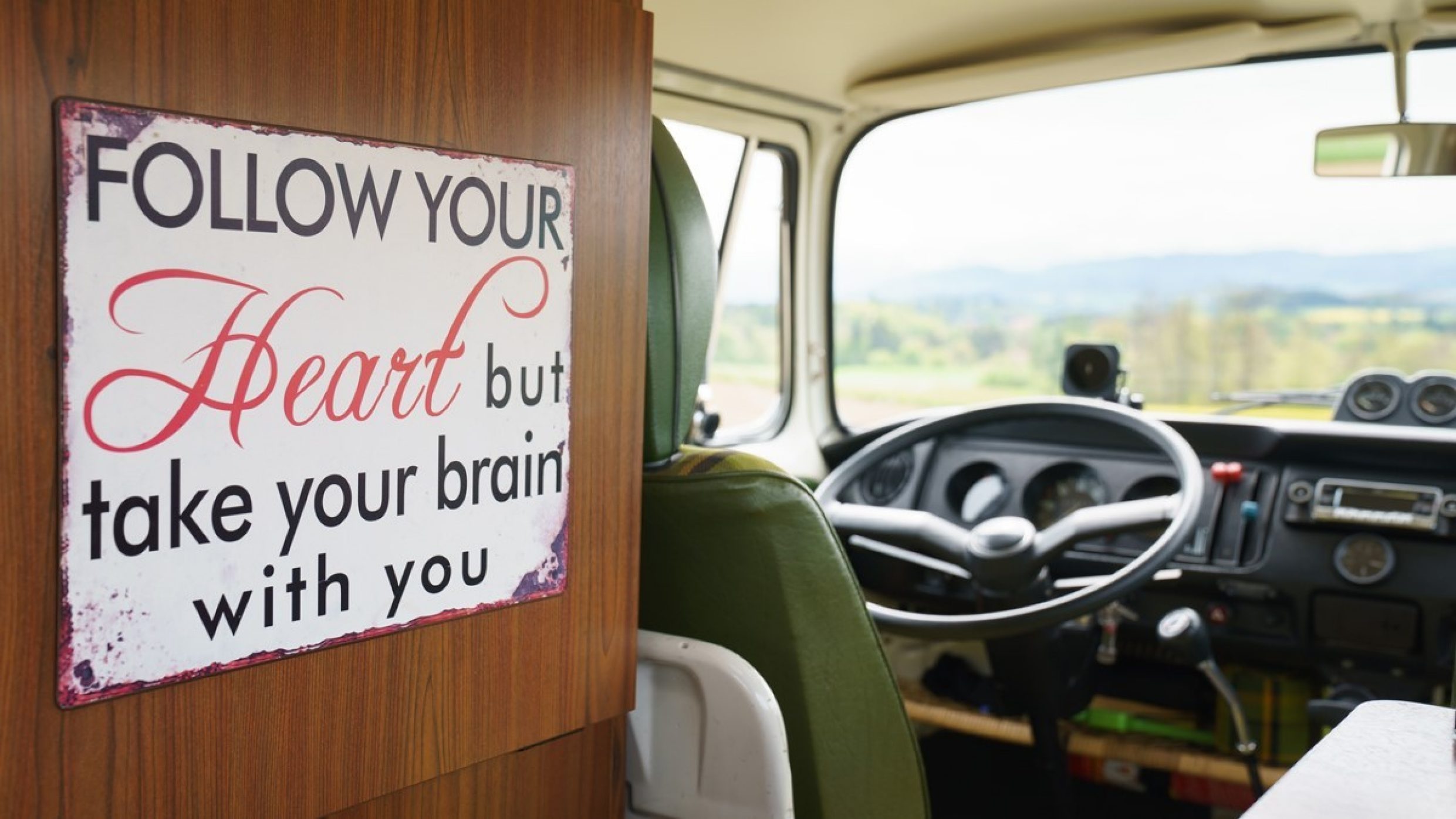
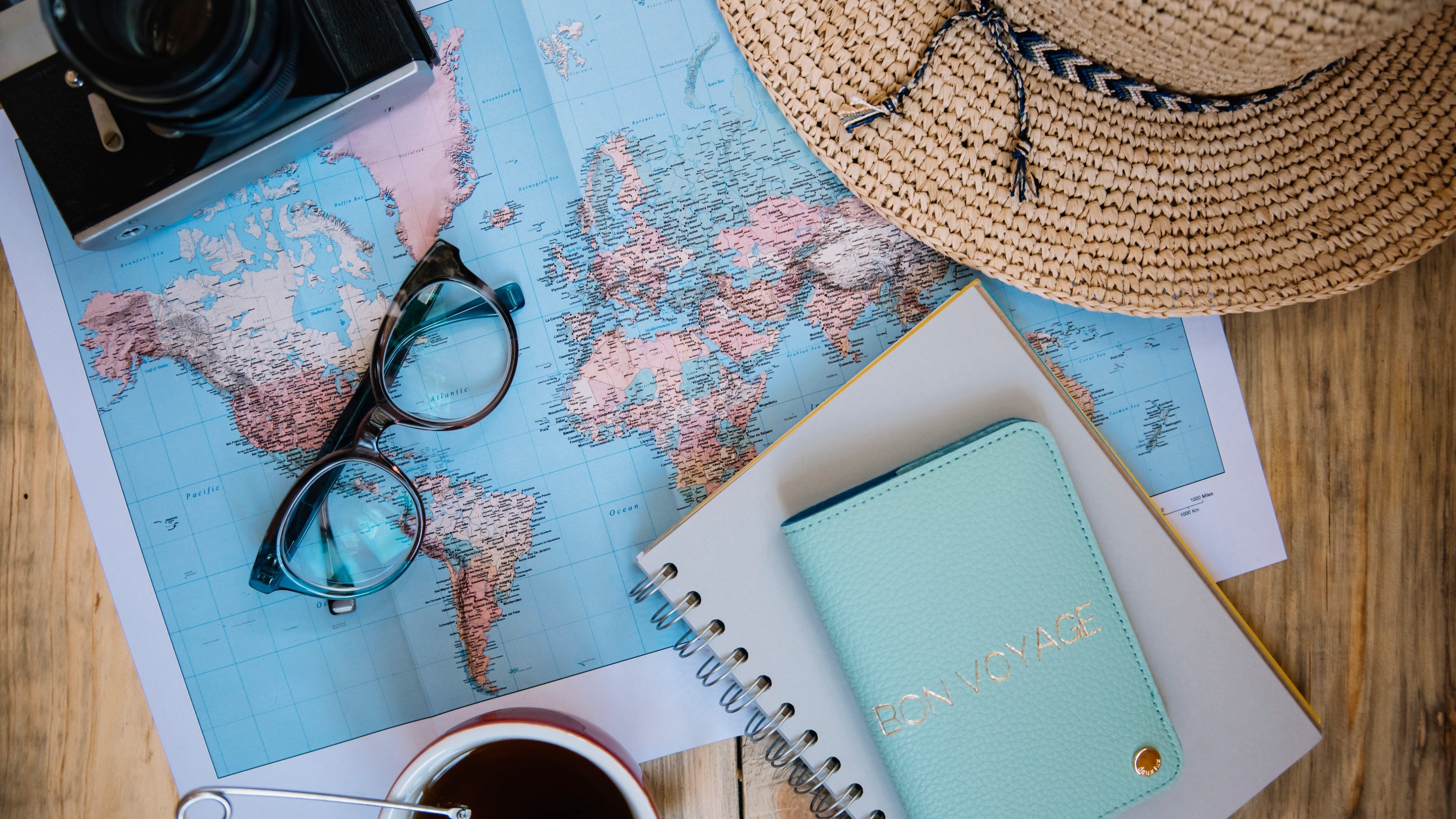
.jpg)
